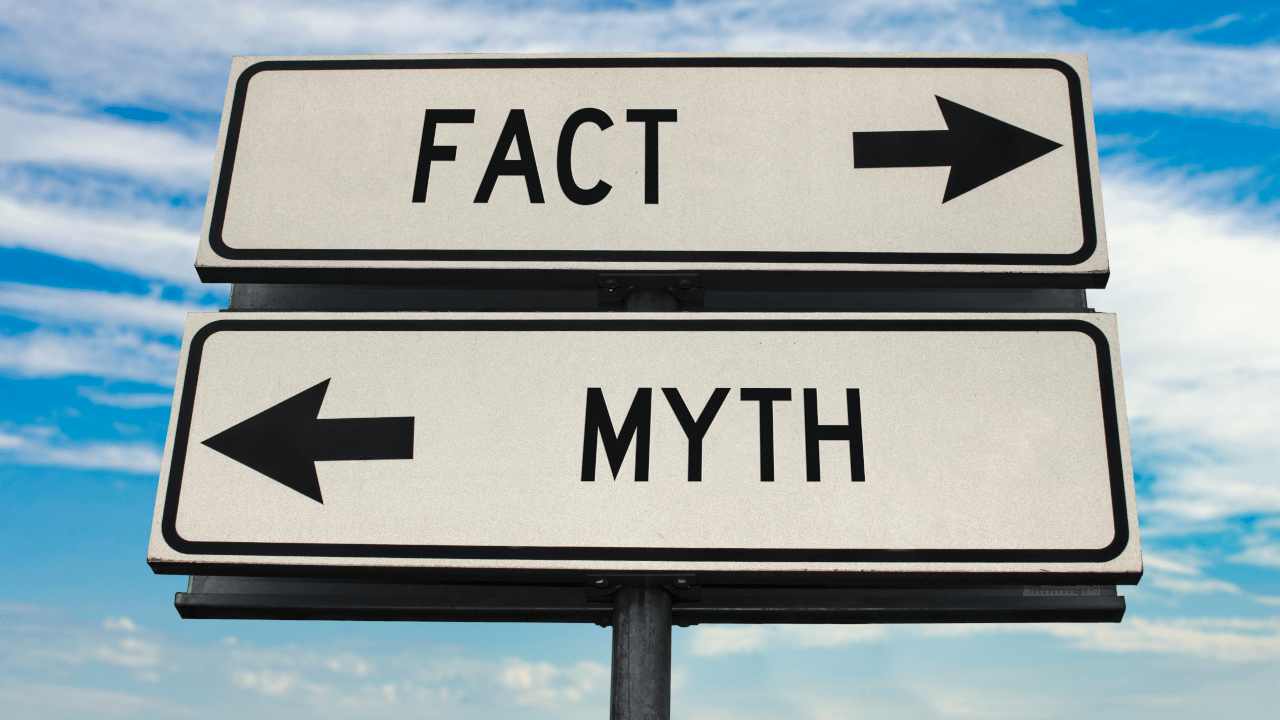
In December 2017, the big brains at Google owned up to a fairly major organic search algorithm update: Google essentially doubled the acceptable length of meta descriptions in the SERPs. While savvy and observant SEOs noticed Google experimenting with longer snippets in the preceding months, the expanded meta descriptions have officially been rolled out. This provides new opportunities, new challenges, and new uncertainties for your hotel in organic search.
Since Blue Magnet recently provided the hospitality industry with a comprehensive walk-through for writing optimized meta descriptions, this post will forego a review of best practices. Instead, we will look at what this algorithm update means for your hotel website, how the changes will benefit your organic efforts, and how to strategically approach your meta description updates.
How Meta Descriptions Changed
Prior to December, Google displayed roughly 155 characters (920 pixels) in meta descriptions. Now, hoteliers have the luxury of utilizing 300-320 characters (1840 pixels) to satisfy searcher intent or convince potential guests to click through to your site.
Before December 2017, Google required you to keep it short and sweet before truncating you at 920 pixels. Vallejo Hotel’s previous meta description registered at 146 characters (854 pixels):
![]()
If you published a meta description longer than 920 pixels, Google truncated your copy, leaving searchers with an incomplete (and sloppy looking) snippet:
![]()
Now you have more space to deliver your unique selling points and flex your creative muscles. This meta descriptions clocks in at 317 characters (1839 pixels):
![]()
What This Means for Your Hotel’s SEO Campaign
Doubling the permitted meta description length grants your hotel opportunities to deliver a better user experience, set better content expectations for searchers, and create a better search experience for potential guests. You may even see changes in your on-page behavior metrics, including increased conversion rates and improved bounce rates. By taking advantage of Google’s new snippet length, your hotel will have the opportunity to:
- Speak more semantically in the SERPs
- Provide stronger value propositions for potential guests
- Incorporate more branded language in organic search
- Increase click through rates
- Improve bounce rates
- Increase conversion rates




